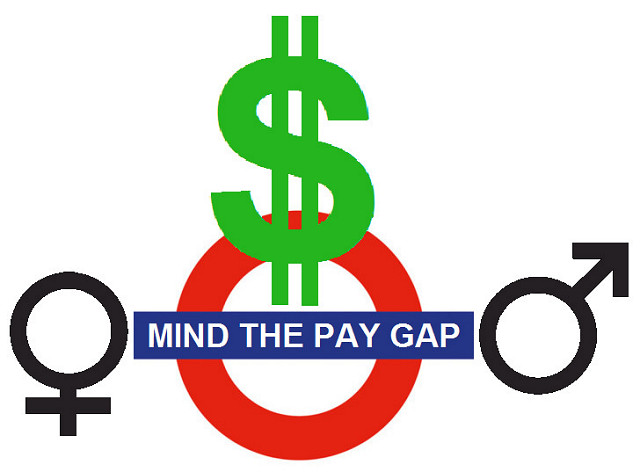When I got out of college, jobs were hard to come by. Think things were bad during the last recession? Apparently, it was even worse in the early eighties when I got out.[1] So to all the Millennials out there – don’t come cryin’ to me.
I graduated from a good school (Georgetown), but that didn’t seem to matter much. Several of my friends took low paying jobs on the Hill licking envelopes for congressmen (it was pre-email back then) or for lobbying groups. Those were the jobs the liberal arts majors were getting. I, however, was far from liberal arts having majored in Physics. Envelope licking did not even look like an option.
History perspective: Ronald Reagan was president. He was all about spending on defense and nuclear power. The few interviews on campus that I scored were all for defense contractors. I can still remember sitting there for an interview in my brand new pinkish plaid interview suit. (I know, I had no idea that I should have stuck with black, navy or dark grey) The interviewer was telling me all about his company, obviously loving what he did, excitedly explaining how they blow up bombs over the Mojave desert. “And, doesn’t that sound like fun?” Ugh. No, it sounded far from fun. Horrific actually. I’m such a pacifist that it took all I had not to leave the room screaming.
After several interviews like that, my dad came through with good old nepotism and, the next thing I knew, I was working for the electric company in Philadelphia. Guess what division? That’s right, nuclear power, the other love of Reagan.
Here’s where my story takes a turn into gender equality land. My starting salary was very, very good since I was hired as an engineer. As you probably know, engineers are quite concerned about money, hence why many became engineers in the first place. One of the wonderful things about my new company was that they grouped all of us new engineers together and put us through a year long orientation program with tours and speakers and free lunches with big wigs. NOTE: Of the 66 new engineers, a grand total of 4 were female.
It was at one of those sessions that the speaker began talking about salary. I’m not sure why he was talking about salary, maybe he was playing to his audience knowing how important pay was to them, I’m not sure. I can still picture him, drawing graphs on some kind of white board (or maybe it was an overhead slide). He was going on about what a big difference a few months of delay in a raise would make over the lifetime of employment. I can’t recall the details, but I do remember the message: The difference can be HUGE.
Hearing that message, you’d think that I could have pieced together how that relates to gender differences in pay. I never connected the dots though until I saw this article:“Women Earn 51% Less Than Men Over 15-Year Time Span, Study Shows.” Well, duh right? It’s like the magic of compound interest, except backwards.
They found: Women’s earnings were just 49 percent of men’s earnings — or a 51 percent wage gap— when measured by total earnings over 15 years. And, let’s be clear, this was only over 15 years. The damage would be even worse over the course of a lifetime of work.
This is a big deal.
Every job you take at a slightly less salary, every raise that gets promised to you ‘next spring’ puts you back. Women are not ‘simply’ earning 80 cents on the dollar, but way less than men over their working lifetime.
Lucky for me when I left the electric company after just one year (not a fan of nuclear power!), I argued mightily for my next salary. Something some guy graphed on an overhead that day actually stuck.
Joanne Vitali is the Geek Girl coach. A former nuclear engineer and NASA astronaut trainer, she coaches STEM women to attain and retain their rightful leadership roles. She has taught at Wharton and spoken to groups like IEEE Women in Engineering. Her clients include names like Astra Zeneca, Johnson & Johnson and Siemens. Her articles have appeared in Huffington Post and Medium. Her mission is to achieve gender parity with 50% female senior leadership an everyday thing for corporations. She looks forward to helping all Geek Girls own their brilliance.
[1]”The Economy Is Bad, But 1982 Was Worse”, New York Times, Jan. 20, 2009


The U.S. Women s National team has gone on a rampage since winning the World Cup, celebrating likes there s no tomorrow and sharing it with us on social media. Yet, the most prominent component of their celebrations has been their message of equal pay, a message that based on the NSFW rant on Ashlyn Harris s story, will be the focal point of the foreseeable future for all members of the team.